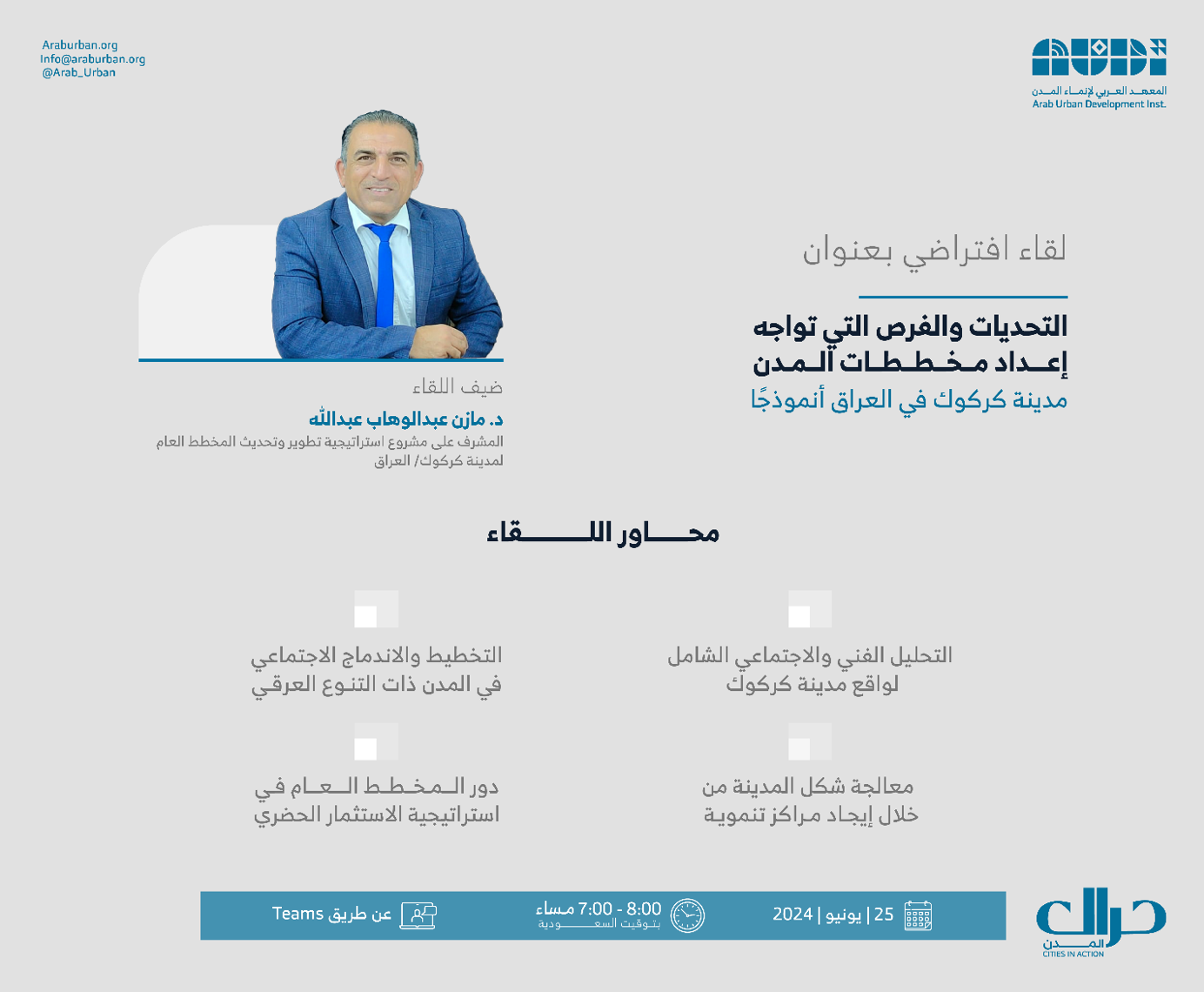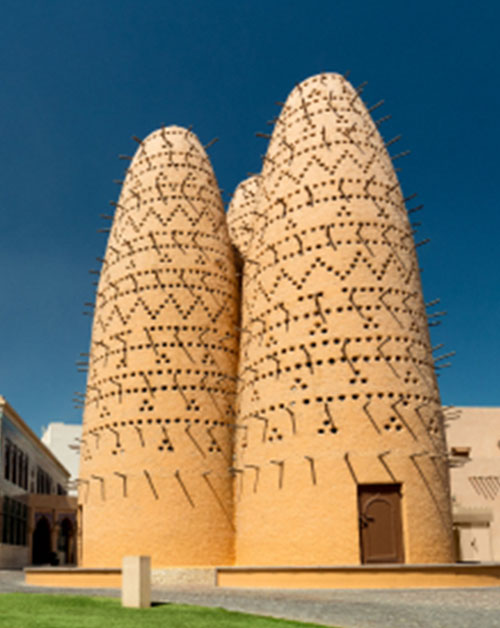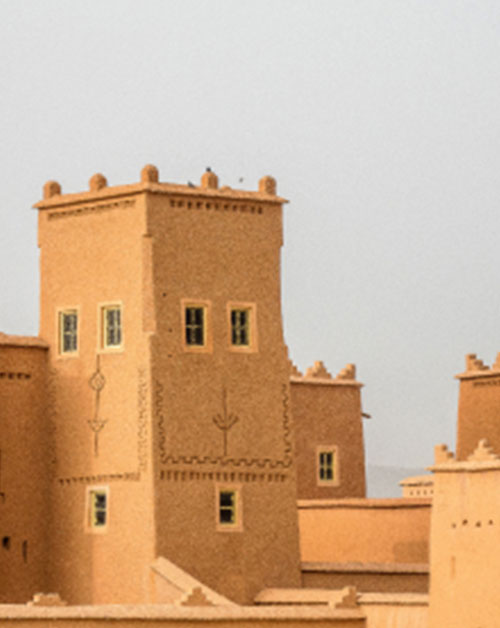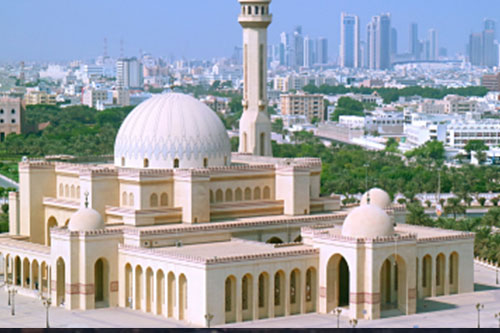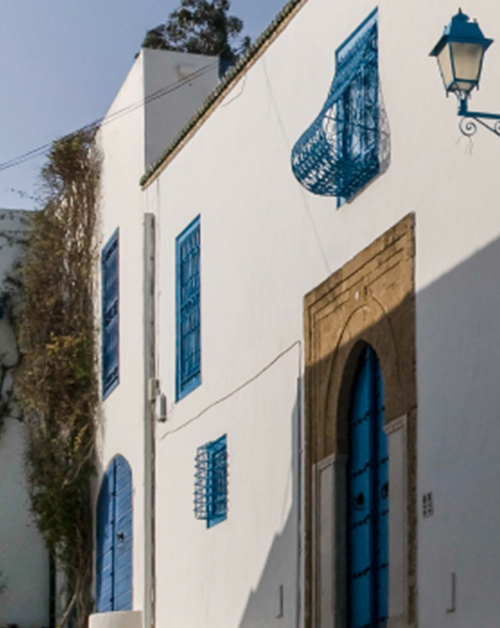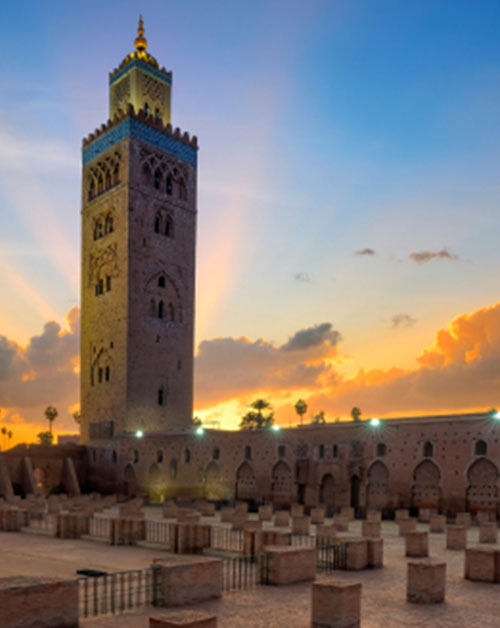AUDI holds its third webinar on the preparation of city plans for the city of Kirkuk, as a model
The Arab Urban Development Institute organized its third webinar in the monthly “Cities in Action” series on the evening of Tuesday, 19 Dhu al-Hijjah 1445 AH, corresponding to June 25, 2024. The meeting was attended by a number of specialists and those interested in urban development and city planning. The meeting was initiated by Dr. Abdullah Dhif Allah, Professor of Urban Planning, who provided an introductory overview of the “Cities in Action” series, highlighting its importance in enriching discussions among specialists and those interested in urban development from all Arab countries. He emphasized that the expected benefit from these meetings lies in learning about pioneering urban development projects and exchanging ideas on working mechanisms and success factors.
The meeting began with a discussion about the city of Kirkuk and the opportunities and challenges in preparing its city plan, presented by Dr. Mazen Abdel Wahab, the supervisor of the project for developing and updating the general plan for the city of Kirkuk. He pointed out that Kirkuk represents a small-scale version of Iraq due to its cultural, ethnic, national, and religious diversity, as well as its variety of oil and agricultural resources.
Dr. Mazen reviewed the general plan, starting with the initial vision for the city, which aims to encourage and enhance a good quality of life for Kirkuk’s citizens in the long term by integrating social inclusion, economic development, and environmental sustainability in the city and its expansion areas, helping to create a distinctive identity for the city.
He mentioned that the plan includes a set of main goals to achieve sustainable development for Kirkuk, such as encouraging social inclusion, enhancing economic development, promoting sustainable development through improved public transportation, ensuring more effective land use, developing flexible shared use, caring for the natural environment and cultural heritage of the city, as well as establishing a “green city” through a connected network of roads and green spaces, improving existing housing and providing new housing for expected growth, enhancing future development of the city center and commercial services, and presenting proposals to develop the city’s institutional capacity.
He explained that the general plan focuses on taking a participatory approach involving the community and individuals, administrative entities, and higher authorities, and engaging different disciplines to enrich the outputs. He also reviewed the methodology for preparing the city’s development strategy and its stages, detailed design plans, the factors and challenges faced by the city in expanding the plans, and finally, presented the urban investment strategy and major investment opportunities that include residential cities, tourism projects, agricultural industries, and petrochemical industries.
At the end of the meeting, Dr. Abdullah Dhif Allah thanked the attendees for their interaction and valuable participation, praising Dr. Mazen’s significant role in urban planning. He emphasized the importance of continuing these meetings to enhance cooperation and knowledge exchange among urban development specialists.
